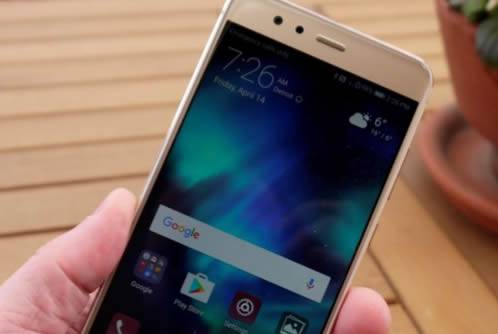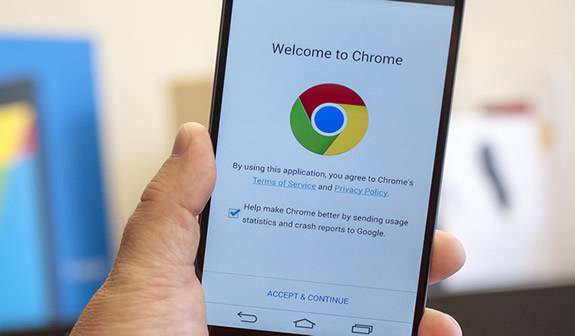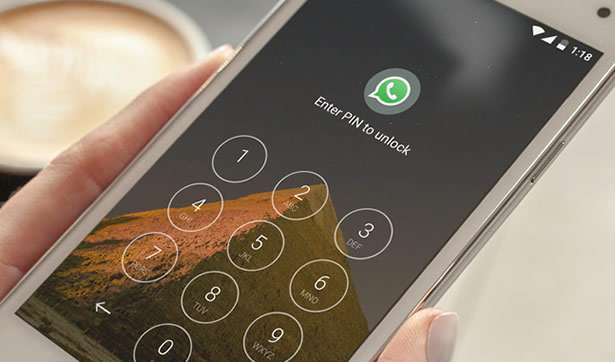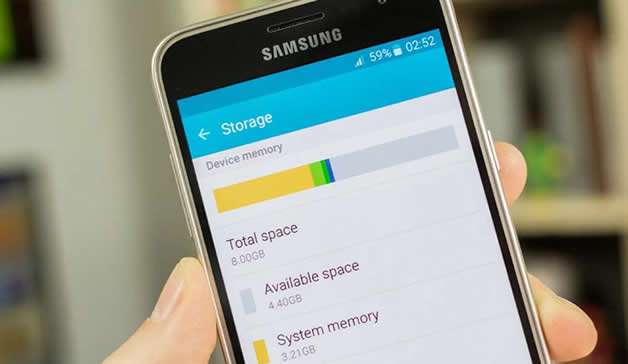Turning off your VPN on an Android device is a relatively simple process. To do this, you will need to open the settings app and go to the network & internet section. Once there, select the VPN option from the menu. You should then have access to all of your active connections; simply tap on the connection you want to disconnect from and hit ‘Disconnect’. If prompted, enter a PIN or password if necessary before hitting ‘Ok’ or ‘Confirm’ to complete disconnection from that particular VPN service.
How do I turn off VPN on Samsung?
How do I disable my VPN?
Disabling a VPN is typically quite straightforward and easy to do. Depending on the type of VPN you are using, there should be a few different ways to turn it off. Here are some steps that can help guide you in disabling your VPN:
1. Check the settings or preferences menu of your operating system (i.e., Windows, macOS, Android, etc.). There should be an option to “Turn Off” or “Disable” the VPN from here.
2. If you have installed any specific software for setting up the VPN connection (such as OpenVPN), use its GUI interface to disconnect from the server and disable it completely by unchecking any relevant checkboxes.
3. If all else fails, try restarting your device as this could automatically disable any active connections associated with the VPN service provider you were using previously.
Depending on which method works best for you, make sure to follow these steps closely until successful completion of disabling your Virtual Private Network (VPN).
Should VPN be on or off on Android?
It depends on your security preferences and usage. If you are concerned about privacy, keeping VPN on for all network activity is recommended. If you do not need the extra layer of protection, then turning VPN off may be beneficial as it can help improve battery life and speed up some internet operations. To turn VPN on or off in Android devices, follow these steps:
1. Go to Settings -> Network & Internet -> Advanced
2. Select “VPN” from the list of options
3. Tap the toggle switch to enable or disable the service
4. Depending on your provider, there may be additional settings available that allow you to customize how VPN works for your device
Where are VPN settings on Android?
The virtual private network (VPN) settings on Android devices can be found in the device’s main Settings menu. To access these settings, open the Settings app and scroll down to Network & Internet. From there, select VPN, which will then allow you to add or configure a VPN connection. Depending on your device model and version of Android OS installed, you may need to select Advanced in order to view the VPN options. Once you have selected the appropriate option for setting up a new connection, enter the required credentials provided by your service provider before connecting.
Where is my VPN on my Samsung phone?
It is possible to set up a virtual private network (VPN) on your Samsung phone. To do this, you will need to download and install a VPN app from the Google Play Store. Once the app has been installed, you should be able to open it and configure the settings based on your preferences. For more detailed instructions, please refer to the user manual of your particular VPN application.
Does Samsung have a built in VPN?
No, Samsung does not have a built-in VPN. However, you can install and use third-party VPN services on your Samsung device. To do this, you will need to download the appropriate app from the Google Play or Galaxy store depending on which type of device you have. Once installed, simply follow the instructions provided by the app to configure it for use with your device.
What is VPN on my Android phone?
A Virtual Private Network (VPN) on an Android phone is a secure connection that allows you to access the internet anonymously and securely. It encrypts all of your data so it is protected when transferred over public networks, such as Wi-Fi hotspots. VPNs are useful for accessing blocked websites and services, bypassing geographic restrictions, keeping your online activity private from ISPs and other third parties, and improving network performance in congested areas. To use a VPN on your Android device, you will need to install a compatible app from the Google Play Store or another reputable provider. Once installed, simply open the app and enter your login credentials to connect to the server of your choice.
Why does VPN keep turning on?
VPNs keep turning on for a variety of reasons. It could be an issue with the settings on your device, or it could be due to the VPN provider’s configuration. To troubleshoot this issue, we suggest following these steps:
1) Check that you have not set up any automatic connection rules in your VPN app or service.
2) Make sure that you are running the latest version of both your operating system and your VPN client.
3) Try disabling any third-party firewall software and antivirus programs if they are enabled as they may interfere with establishing a stable connection to the internet.
4) If possible, switch to another network such as Wi-Fi or cellular data (if available). This will help rule out any potential issues related to the router/network itself.
5) Finally, contact customer support from your VPN provider for further assistance if needed.
{“@context”:”https://schema.org”,”@type”:”FAQPage”,”mainEntity”:[{“@type”:”Question”,”name”:”How do I disable my VPN?”,”acceptedAnswer”:{“@type”:”Answer”,”text”:”nnDisabling a VPN is typically quite straightforward and easy to do. Depending on the type of VPN you are using, there should be a few different ways to turn it off. Here are some steps that can help guide you in disabling your VPN: n1. Check the settings or preferences menu of your operating system (i.e., Windows, macOS, Android, etc.). There should be an option to u201cTurn Offu201d or u201cDisableu201d the VPN from here. n2. If you have installed any specific software for setting up the VPN connection (such as OpenVPN), use its GUI interface to disconnect from the server and disable it completely by unchecking any relevant checkboxes. n3. If all else fails, try restarting your device as this could automatically disable any active connections associated with the VPN service provider you were using previously. nDepending on which method works best for you, make sure to follow these steps closely until successful completion of disabling your Virtual Private Network (VPN).”}},{“@type”:”Question”,”name”:”Should VPN be on or off on Android?”,”acceptedAnswer”:{“@type”:”Answer”,”text”:”nnIt depends on your security preferences and usage. If you are concerned about privacy, keeping VPN on for all network activity is recommended. If you do not need the extra layer of protection, then turning VPN off may be beneficial as it can help improve battery life and speed up some internet operations. To turn VPN on or off in Android devices, follow these steps: n1. Go to Settings -> Network & Internet -> Advancedn2. Select “VPN” from the list of options n3. Tap the toggle switch to enable or disable the service n4. Depending on your provider, there may be additional settings available that allow you to customize how VPN works for your device”}},{“@type”:”Question”,”name”:”Where are VPN settings on Android?”,”acceptedAnswer”:{“@type”:”Answer”,”text”:”nnThe virtual private network (VPN) settings on Android devices can be found in the device’s main Settings menu. To access these settings, open the Settings app and scroll down to Network & Internet. From there, select VPN, which will then allow you to add or configure a VPN connection. Depending on your device model and version of Android OS installed, you may need to select Advanced in order to view the VPN options. Once you have selected the appropriate option for setting up a new connection, enter the required credentials provided by your service provider before connecting.”}},{“@type”:”Question”,”name”:”Where is my VPN on my Samsung phone?”,”acceptedAnswer”:{“@type”:”Answer”,”text”:”nnIt is possible to set up a virtual private network (VPN) on your Samsung phone. To do this, you will need to download and install a VPN app from the Google Play Store. Once the app has been installed, you should be able to open it and configure the settings based on your preferences. For more detailed instructions, please refer to the user manual of your particular VPN application.”}},{“@type”:”Question”,”name”:”Does Samsung have a built in VPN?”,”acceptedAnswer”:{“@type”:”Answer”,”text”:”nnNo, Samsung does not have a built-in VPN. However, you can install and use third-party VPN services on your Samsung device. To do this, you will need to download the appropriate app from the Google Play or Galaxy store depending on which type of device you have. Once installed, simply follow the instructions provided by the app to configure it for use with your device.”}},{“@type”:”Question”,”name”:”What is VPN on my Android phone?”,”acceptedAnswer”:{“@type”:”Answer”,”text”:”nnA Virtual Private Network (VPN) on an Android phone is a secure connection that allows you to access the internet anonymously and securely. It encrypts all of your data so it is protected when transferred over public networks, such as Wi-Fi hotspots. VPNs are useful for accessing blocked websites and services, bypassing geographic restrictions, keeping your online activity private from ISPs and other third parties, and improving network performance in congested areas. To use a VPN on your Android device, you will need to install a compatible app from the Google Play Store or another reputable provider. Once installed, simply open the app and enter your login credentials to connect to the server of your choice.”}},{“@type”:”Question”,”name”:”Why does VPN keep turning on?”,”acceptedAnswer”:{“@type”:”Answer”,”text”:”nnVPNs keep turning on for a variety of reasons. It could be an issue with the settings on your device, or it could be due to the VPN provider’s configuration. To troubleshoot this issue, we suggest following these steps: n1) Check that you have not set up any automatic connection rules in your VPN app or service. n2) Make sure that you are running the latest version of both your operating system and your VPN client. n3) Try disabling any third-party firewall software and antivirus programs if they are enabled as they may interfere with establishing a stable connection to the internet. n4) If possible, switch to another network such as Wi-Fi or cellular data (if available). This will help rule out any potential issues related to the router/network itself. n5) Finally, contact customer support from your VPN provider for further assistance if needed.”}}]}







